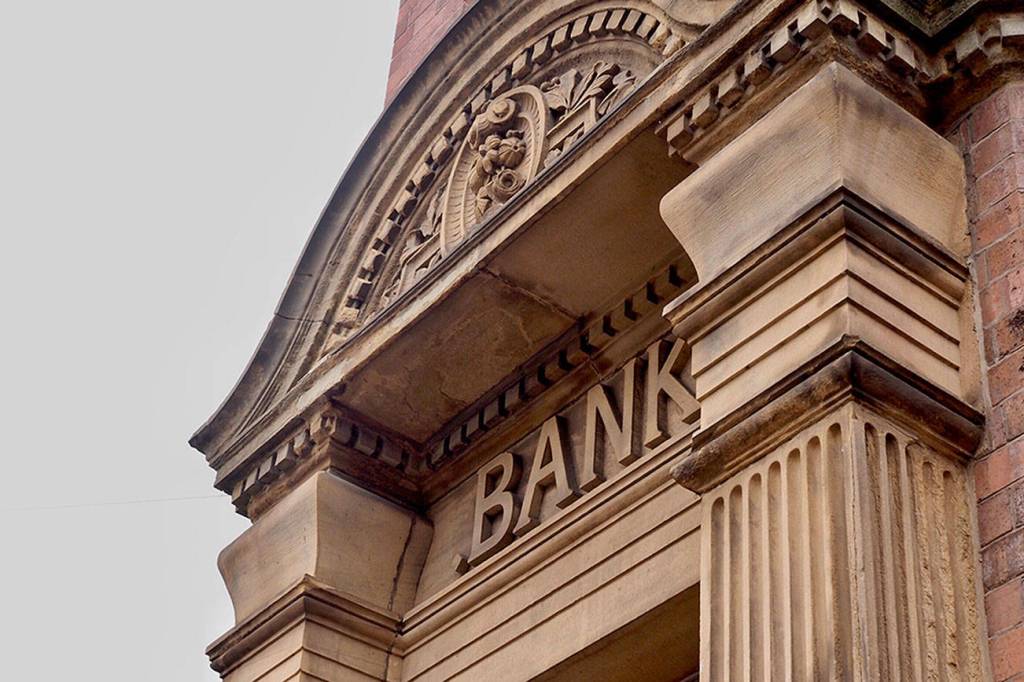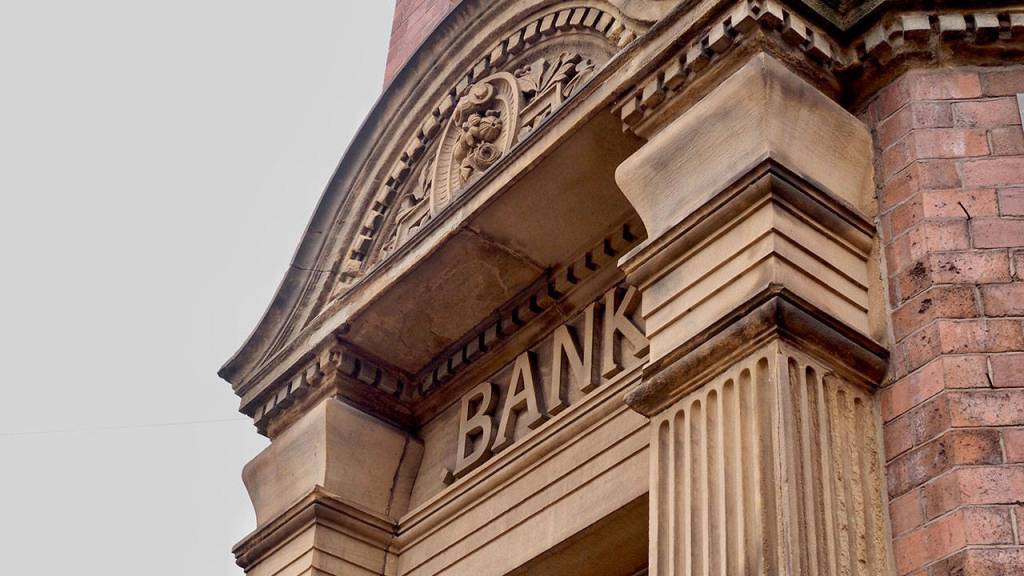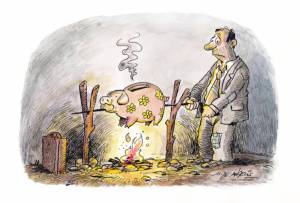Editorial: A troubling short cut for state tax increase on banks
Published 1:30 am Tuesday, May 7, 2019


By The Herald Editorial Board
Bank robber Willie Sutton is credited with a blindingly logical answer to a reporter’s question as to why he robbed banks: “Because that’s where the money is.”
History doesn’t record whether Sutton rolled his eyes as the reporter asked his question.
But advocates of good government are rolling theirs after Democratic legislators cut corners to use the same logic when they essentially doubled the business and occupation tax on larger banks to hastily fill a hole in the $52.4 billion two-year budget in the final hours of the recently completed 90-day regular session.
The problem lies not so much with the tax increase itself, although it doesn’t require even Sutton-like logic skills to wonder how difficult it will be for the nation’s largest banks to pass on the costs to consumers because, well, “that’s where the money is.” No, the larger issue is with the process that was used to propose and pass tax increase legislation in the session’s final three days.
The legislation, HB 2167, started out simply enough on April 10 as a title-only bill that indicated only that the bill concerned tax revenue, without detail on which taxes it might address. It wasn’t until 11:30 a.m. on Friday, April 26, that language was added to the legislation that made clear the intention was to adopt a 1.2 percent increase in the B&O tax on banks with an annual net income of at least $1 billion.
Ninety minutes later the bill had a hearing before the House Finance committee and advanced to the House floor where it was adopted, 53-43, early the next morning. Later Saturday morning it was heard by the Senate Ways and Means committee, which advanced the bill that evening. Sunday evening, the bill narrowly passed, 25-24, on the Senate floor, only a few hours before sine die.
In all lawmakers gave the legislation about 55 hours of consideration allowing only quickly called testimony in hearings, limited floor debate and little opportunity for the public to consider — much less weigh in on — whether the tax increase on banks would be a good idea.
Importantly, lawmakers made their call on the legislation without benefit of a fiscal note from the state Department of Revenue that would have given them reliable information on just how much tax revenue the state could expect from the tax increase. That information wasn’t available until April 29, the day after the Legislature adjourned.
For the record, the tax increase is expected to generate $36.6 million when it takes effect in 2020, increasing to $96.6 million in 2021, $100 million in 2022, on up to $111 million by 2025.
The maneuver and haste are uncomfortably similar to the path that lawmakers took a year ago when they attempted to largely excuse themselves from provisions of the state Public Records Act, taking about 48 hours to introduce and pass legislation that was ultimately vetoed by Gov. Jay Inslee after strong public backlash.
“I think it’s a clear violation of the intent and the spirit of the state constitution, which clearly says that bills introduced in the last 10 days of the session require a two-thirds vote [of the Legislature],” Toby Nixon, president of the Washington Coalition for Open Government, told Crosscut. “And it did not have a two-thirds vote.”
It’s not a violation of the letter of the law, thanks to the title-only scheme that lawmakers employed.
Its adoption stands in contrast to the process that lawmakers used in passing a broader B&O increase, HB 2158, intended to provide revenue for the state’s higher education efforts and which had support from at least some of those industries that will be paying the tax, including Amazon and Microsoft. That B&O tax increase, a three-tenths of 1 percent increase to the rate for specific professional services, including doctors, lawyers, accountants and others — and an increase paid by the state’s leading tech firms — will go to the new Workforce Education Investment Account to increase enrollment at state colleges, expand the State Need Grants and support career-connected learning, all areas from which those fields and industries draw their employees and have long benefited.
Banks operating in the state will also pay that three-tenths of a percent increase, meaning that combined with HB 2167’s 1.2 percent increase, the B&O tax rate for banks — and those banks only — is now doubled to 3 percent.
Trent House, a lobbyist working with the Washington Bankers Association, told The Herald Editorial Board that bankers still had their concerns regarding HB 2158, but after having being able to review the legislation and participate in the bill’s consideration and discussion, felt they could live with it.
Not so with HB 2167, which even drew objections and a no vote from state Sen. Mark Mullet, D-Issaquah, chairman of the Senate’s banking committee, and a former official with Bank of America, as well as from Sen. Guy Palumbo, D-Maltby.
“I don’t really have a problem raising taxes on big banks, but I thought the process was not good on that particular bill,” Palumbo told Crosscut.
Without that vetting, the state is left with a bill that is supposed to generate revenue but one that provides no assurance it can withstand a legal challenge, including concerns that it violates the U.S. Constitution’s commerce clause.
The passage of the B&O increase on banks looks like a Plan B hurriedly passed when House Democrats couldn’t get enough Senate Democrats to support their proposed capital gains tax, which despite opposition, offered lawmakers an opportunity to bring some equity to the state’s regressive tax system.
Whether a tax increase on the nation’s largest banks — and their customers — will prove a reasonable, fair and effective substitute isn’t known. No one got a good chance to consider it.




